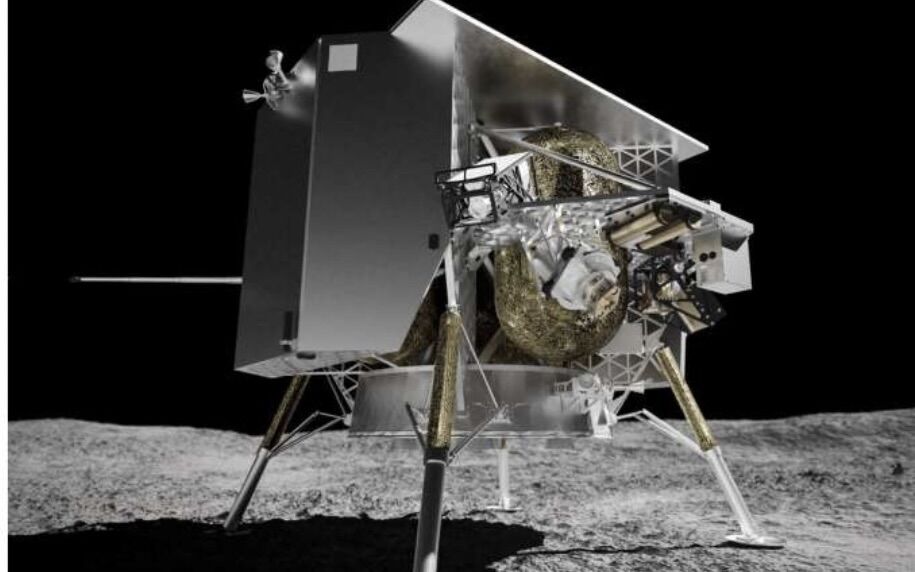Astrobotic's Moon Landing Mission in Peril After Critical Fuel Leak: U.S. Moon Landing in Doubt
Private company Astrobotic Technology's U.S. moon landing mission faces peril after Peregrine spacecraft suffers critical fuel leak, casting doubts on planned moon landing. NASA emphasizes benefits of private partnerships.
The first U.S. moon landing mission in over 50 years was in peril after a private company's spacecraft, Peregrine, suffered a critical fuel leak just hours after liftoff from the Cape Canaveral Space Force Station. Pittsburgh-based Astrobotic Technology managed to position the lander toward the sun for solar charging as a team assessed the propulsion system failure, but a critical loss of fuel was detected, casting doubts on the planned moon landing on February 23. The propulsion system issue poses a threat to the craft's ability to conduct a soft landing on the moon, as it relies on engines and thrusters for maneuvering during its journey and descent.
Astrobotic, aiming to be the first private company to successfully land on the moon, carried a $108 million contract with NASA for the Peregrine lander, with additional funding in the pipeline. Despite the setback, NASA's Joel Kearns emphasized the benefits of using private companies for moon deliveries, highlighting the cost-effectiveness and expedited approach. He emphasized that the space agency was willing to accept risks, stating that "Each success and setback are opportunities to learn and grow." The last U.S. moon-landing mission was in December 1972, with NASA's new Artemis program looking to return astronauts to the moon's surface within the next few years.
Monday's mission also featured the long-delayed test flight of the Vulcan rocket, an upgraded version of the Atlas V, with its main engines provided by Jeff Bezos' company Blue Origin. This mission comes in the context of an increasing interest in lunar travel, with private companies like Astrobotic and others receiving funding from NASA to develop lunar landers. These companies aim to scout lunar terrain and deliver technology, experiments, and miscellaneous items in preparation for future manned missions. In addition to Astrobotic's contract with NASA, the company has also secured business from other sources.
The lander was packed with various items, including a chip of rock from Mount Everest and toy-size cars from Mexico that will cruise around the lunar surface. Additionally, the lander carried the ashes and DNA of deceased space enthusiasts, including "Star Trek" creator Gene Roddenberry and science fiction writer Arthur C. Clarke. Astrobotic also faced objections from the Navajo Nation due to the planned launch of remains on the spacecraft. The objections came too late for Astrobotic to delay the launch but the company has expressed willingness to work with the Navajo Nation for future missions.
Despite the various challenges and hurdles faced, the mission represents a first step in what many hope will be a growing and successful era of private space travel. The pursuit of lunar exploration, private delivery of cargo, and the increasing involvement of private enterprises in space missions significantly expands the horizon of space exploration.




